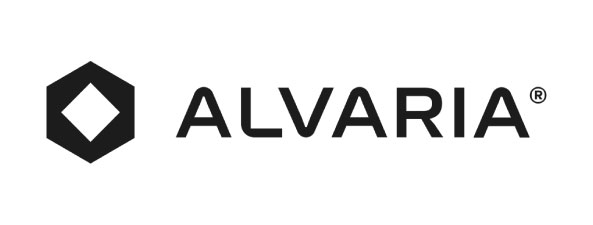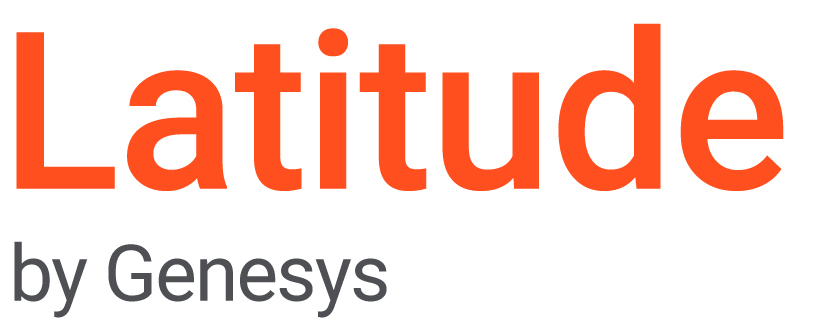The Federal Communications Commission (FCC) introduced the Robocall Mitigation Database as a vital tool in the fight against unlawful robocalls. The FCC’s Robocall Mitigation Database is part of a broader effort to reduce the prevalence of scam and spam calls. Understanding the Database and how it functions can help debt collection organizations remain compliant and maintain trust with their customers.
What is the FCC’s Robocall Mitigation Database?
The FCC’s Robocall Mitigation Database is a centralized system where voice service providers must certify their efforts to combat illegal robocalls. These certifications include details about whether a provider has fully implemented the STIR/SHAKEN caller ID authentication framework or if they are using alternative robocall mitigation techniques. The Database acts as a checkpoint, ensuring that all providers take responsibility for their role in preventing illegal robocalls from reaching consumers.
How Does the FCC’s Robocall Mitigation Database Work?
Voice service providers are required to register with the FCC’s Robocall Mitigation Database and submit their certifications. Providers who fail to register risk having their traffic blocked by other carriers. This system creates accountability and ensures that all providers contributing to the voice network are taking measurable steps to mitigate robocalls. By requiring certifications, the FCC ensures that service providers are either fully compliant with STIR/SHAKEN or actively working on robocall mitigation plans.
Impact of the FCC’s Robocall Mitigation Database on the Debt Collection Industry
The debt collection industry relies heavily on outbound calls to communicate with consumers. However, the implementation of the FCC’s Robocall Mitigation Database requires collection agencies to ensure their service providers are registered and compliant. Otherwise, legitimate calls risk being blocked or flagged as spam, which can significantly impact contact rates and make it more difficult to reach consumers and resolve outstanding debts.
Debt collection agencies should partner with voice service providers who are properly certified in the FCC’s Robocall Mitigation Database. Agencies can also adopt practices like using branded caller IDs and maintaining consistent phone numbers to build trust with consumers and reduce the likelihood of their calls being mislabeled or blocked.
Why the FCC’s Robocall Mitigation Database Matters
The FCC’s Robocall Mitigation Database is more than just a compliance requirement; it represents a step forward in restoring trust in phone communications. It reduces the volume of scam and spam calls, creating a safer communication environment for consumers. For businesses, it establishes clear expectations for compliance and ensures that the voice ecosystem works more effectively for legitimate purposes.
Staying Ahead with Help from TEC Services Group
TEC Services Group offers solutions that help businesses maintain compliance while optimizing their communication strategies. From technology solutions to operational strategies, TEC Services Group can assist your organization with the challenges posed by robocall mitigation regulations. Contact us to learn more about how TEC Services Group can help you stay compliant and improve your call delivery rates.







